Can’t bring kids to the Gulf of Alaska? Develop a virtual field trip!
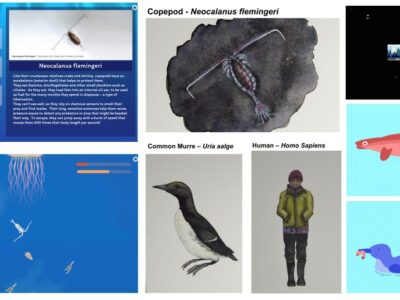
NGA’s Virtual Field Trip brings the Arctic to the classroom, pairing a video, video game, and activities to immerse students near and far in the ecosystem.

NGA’s Virtual Field Trip brings the Arctic to the classroom, pairing a video, video game, and activities to immerse students near and far in the ecosystem.
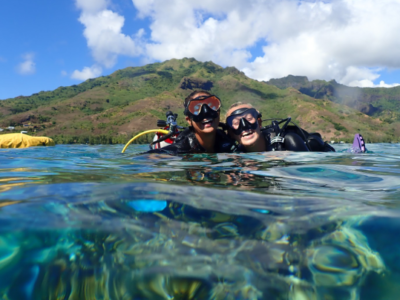
This spotlight is part of an ongoing series featuring many of our wonderful LTER Network graduate student representatives who contribute valuable research and leadership across the network. To learn more about graduate research in the LTER network, visit this page. Dana Cook has been a graduate student with the Moorea Coral Reef LTER for the… Read more »
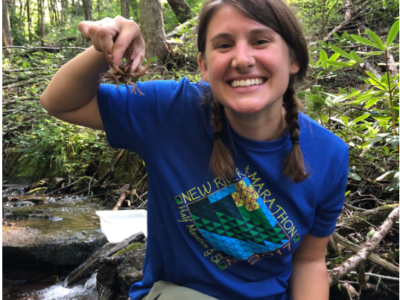
This spotlight is part of an ongoing series featuring many of our wonderful LTER Network graduate student representatives who contribute valuable research and leadership across the network. To learn more about graduate research in the LTER network, visit this page. Kelsey Solomon is a graduate student at the University of Georgia, where she’s been conducting… Read more »
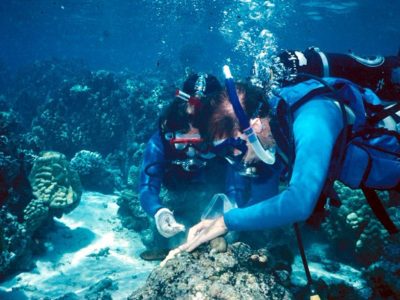
LTER sites preset extraordinary opportunities for undergraduate and graduate students to learn about the process of science — and to discover whether their strengths and interests fit the demands of field ecology. Russell Schmitt and Sally Holbrook discuss how the Moorea Coral Reef site mentors undergraduate students and the rewards of the experience.
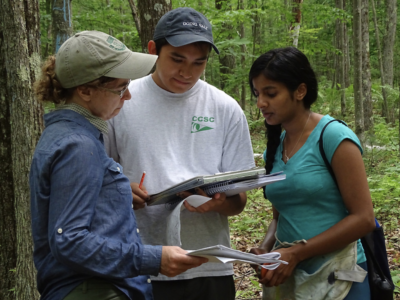
Many scientists have pivotal experiences during their undergraduate education that lead them to choose a career in science, such as opportunities to conduct hands-on research or work closely with mentors. Unfortunately, it’s a challenge to measure the direct impact these foundational experiences have on participants. In a new paper, however, researchers from Harvard Forest LTER… Read more »
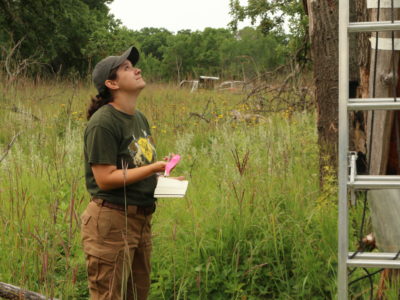
Informal Science (formerly the Center for the Advancement of Informal Science Education) has released a new toolkit: Broadening Perspectives on Broadening Participation in STEM. Key practice briefs, such as these on Cultural Norms of STEM and Modeling Workplace Inclusion serve as discussion-starters for identifying the issues and solutions for each site. Find information on this and many other resources for increasing… Read more »
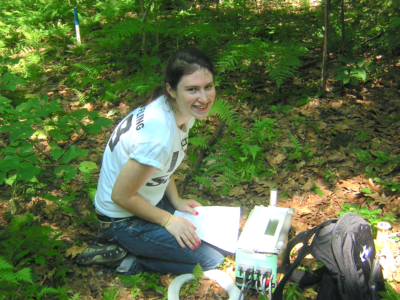
The Undergraduate Field Experiences Research Network (UFERN) is pleased to announce a new webinar series focused on 21st century field education. The webinar series will bring expertise to our discussions and thinking that support the goal of UFERN by moving field learning experiences into the 21st century. Please join us for the first webinar in this series… Read more »

Every summer, NSF funds research opportunities for undergraduate students at many LTER sites across the country. These Research Experiences for Undergraduates (REUs) expose students, often for the first time, to the world of ecological research through meaningful participation in ongoing research projects and tutelage under faculty. For many students, a summer spent participating in an… Read more »
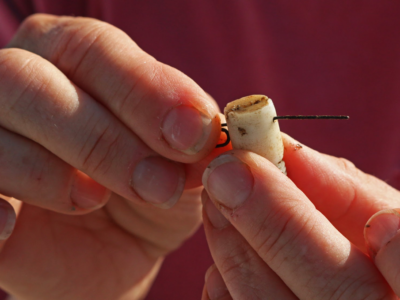
Every month, Field Technician Tim Montgomery loads his equipment onto a center console motorboat and heads off into the marshes surrounding Sapelo Island, Georgia. Over the course of several hours, he stops at multiple sites to check on the Georgia Coastal Ecosystem LTER network of data loggers continually collecting water quality parameters as they gently bob in the water. On one particular morning, I had the opportunity to go with him.
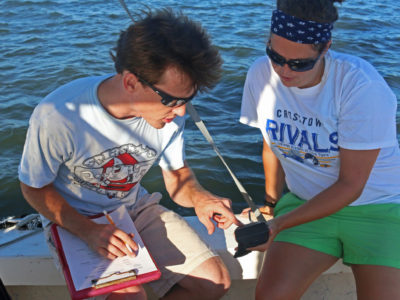
During their week out at the University of Georgia Marine Institute on Sapelo Island, teachers divide their time between assisting with research in outdoor settings alongside GCE scientists and graduate students and discussing the implementation of the information and experiences into their own teaching settings.